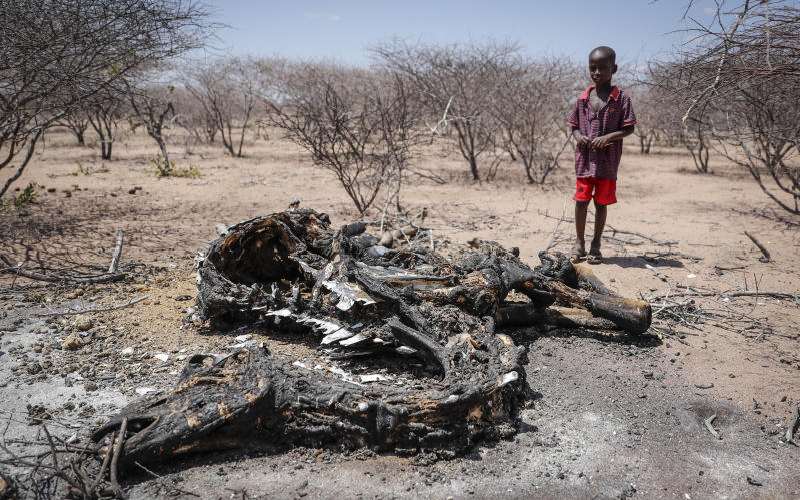×
The Standard e-Paper
Smart Minds Choose Us

The Chair of the African Group of Negotiators (AGN) has asked Africa not to despair about the happenings at the 26th Conference of Parties (COP26) ongoing in Glasgow, Scotland. By all accounts, keen observers have noted that things are not going the African way, raising jitters in some quarters.